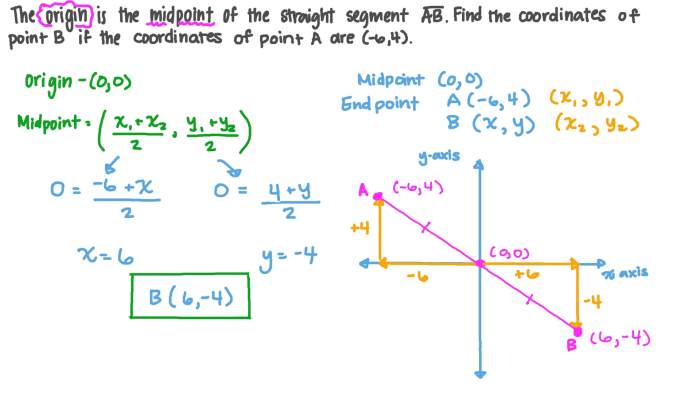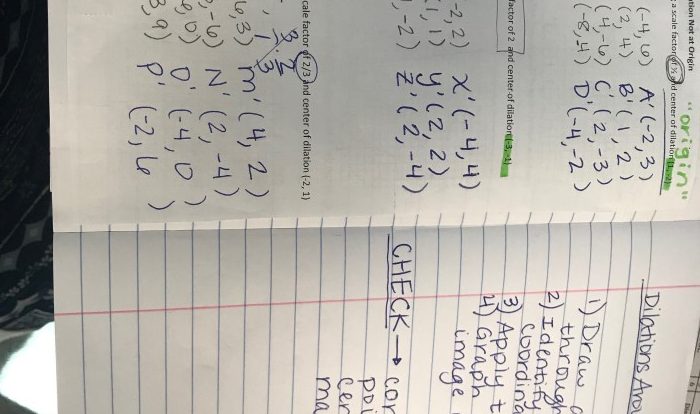How to study for geometry regents – Embark on a journey to conquer the Geometry Regents exam with our comprehensive guide. Dive into effective study strategies, explore key concepts, tackle practice problems, and master time management techniques. Prepare to excel on exam day and unlock your potential in geometry.
Delve into the intricacies of geometry and uncover the secrets to success on the Regents exam. We’ll guide you through the essential concepts, problem-solving strategies, and study tips to help you achieve your academic goals.
Study Strategies
Mastering geometry regents requires effective study techniques. Here are some tips to enhance your preparation:
Organize your study materials by topic, creating flashcards or summaries for key concepts. Prioritize topics based on their complexity and your understanding.
Active Recall
Engage in active recall by regularly testing yourself on the material. Use practice questions, flashcards, or teach the concepts to someone else to reinforce your understanding.
Spaced Repetition
Review the material at increasing intervals (e.g., 1 day, 3 days, 1 week) to strengthen your memory and improve retention. This helps prevent forgetting and promotes long-term recall.
Content Review
The geometry regents exam covers a wide range of concepts, including basic geometry, transformations, similarity, trigonometry, and coordinate geometry. To prepare effectively, it’s essential to review these concepts thoroughly and identify areas where you may need additional support.
Some common problem areas include:
- Understanding and applying geometric formulas
- Solving proofs
- Applying trigonometry to solve problems
- Working with coordinate geometry
To address these problem areas, it’s important to practice regularly, review notes and textbooks, and seek help from teachers or tutors when needed.
Theorems, Formulas, and Proofs
The geometry regents exam requires you to know and apply a number of theorems, formulas, and proofs. Some of the most important ones include:
- The Pythagorean theorem
- The area and volume formulas for common shapes
- The trigonometric ratios
- The distance formula
- The slope formula
- The proof of the Pythagorean theorem
- The proof of the area of a triangle
- The proof of the volume of a cone
It’s essential to memorize these theorems, formulas, and proofs and to practice applying them to solve problems.
Practice Problems
Mastering geometry concepts requires consistent practice. Solving a variety of problems helps reinforce understanding and improves problem-solving skills.
To effectively prepare for the geometry regents exam, it’s crucial to engage in regular practice. This section provides a comprehensive collection of practice problems organized by difficulty level and tailored to simulate the actual exam experience.
Beginner Level
- Find the area of a triangle with a base of 6 cm and a height of 4 cm.
- Calculate the volume of a rectangular prism with a length of 5 cm, a width of 3 cm, and a height of 2 cm.
- Determine the Pythagorean theorem for a right triangle with legs of length 3 cm and 4 cm.
Intermediate Level
- Find the surface area of a sphere with a radius of 5 cm.
- Calculate the volume of a cone with a radius of 3 cm and a height of 6 cm.
- Determine the equation of a circle with a center at (2, 3) and a radius of 4 cm.
Advanced Level
- Find the area of an ellipse with semi-major axis of 6 cm and semi-minor axis of 4 cm.
- Calculate the volume of a pyramid with a square base of side length 5 cm and a height of 10 cm.
- Determine the equation of a plane with a normal vector (1, 2, 3) and containing the point (2, 3, 4).
Practice Tests
To simulate the actual regents exam experience, it’s recommended to take practice tests under timed conditions. These tests should cover a range of geometry topics and difficulty levels, providing a comprehensive assessment of preparedness.
By consistently practicing problems and taking practice tests, students can build confidence, identify areas for improvement, and enhance their overall performance on the geometry regents exam.
Time Management: How To Study For Geometry Regents
Mastering the art of time management is crucial for acing the Geometry Regents. By implementing effective strategies, you can optimize your study sessions, maximize your productivity, and conquer the time crunch.
Block scheduling, a time-tested technique, involves dividing your study time into focused intervals separated by short breaks. This method enhances concentration, prevents burnout, and allows you to tackle large study tasks in manageable chunks.
Breaking Down Large Study Tasks
To conquer daunting study materials, break them down into smaller, more manageable units. This approach reduces feelings of overwhelm, improves comprehension, and facilitates gradual mastery of the subject matter.
Resources and Support
Preparing for the geometry regents doesn’t have to be a solitary endeavor. There are ample resources and support systems available to assist you in your journey.
Online Forums and Study Groups
Connect with fellow students and engage in discussions on geometry concepts, exam strategies, and practice problems. Online forums and study groups provide a platform for knowledge sharing, peer support, and motivation.
Teachers and Tutors
Your teachers and tutors are invaluable resources. Attend their office hours, ask questions during class, and seek their guidance on challenging topics. They can provide personalized support, clarify concepts, and offer valuable insights.
Textbooks and Workbooks
Utilize your textbook as a primary reference material. It provides comprehensive coverage of geometry concepts, theorems, and proofs. Supplement your studies with workbooks that offer additional practice problems and reinforce your understanding.
Online Resources, How to study for geometry regents
Take advantage of the wealth of online resources available. Websites like Khan Academy, Mathway, and Geometry for Dummies offer interactive lessons, video tutorials, and practice exercises that cater to various learning styles.
Exam Day Preparation
The day of the Regents exam is crucial, and proper preparation is essential for success. Implementing strategies to manage stress, ensuring adequate rest, and familiarizing yourself with the exam format will significantly enhance your performance.
To effectively prepare for exam day, consider the following strategies:
Managing Stress and Anxiety
- Engage in relaxation techniques such as deep breathing exercises or meditation to calm your nerves.
- Visualize yourself succeeding on the exam to build confidence and reduce anxiety.
- Remind yourself of your preparation and the effort you have put in, boosting your self-assurance.
- Avoid caffeine and excessive sugar intake, as these can exacerbate stress levels.
Getting a Good Night’s Sleep
- Establish a regular sleep schedule, going to bed and waking up around the same time each day.
- Create a relaxing bedtime routine to signal your body it’s time to sleep.
- Ensure your bedroom is dark, quiet, and cool for optimal sleep conditions.
- Avoid screen time an hour before bed, as the blue light emitted can interfere with sleep.
Q&A
How can I effectively organize my study materials?
Utilize color-coding, create mind maps, and categorize concepts into logical groups to enhance organization and retention.
What is the best way to approach practice problems?
Break down complex problems into smaller steps, identify the relevant formulas and theorems, and practice regularly to improve problem-solving skills.
How can I manage my time effectively during the exam?
Allocate time wisely by prioritizing questions based on difficulty, utilize scratch paper for calculations, and remain calm under pressure.

